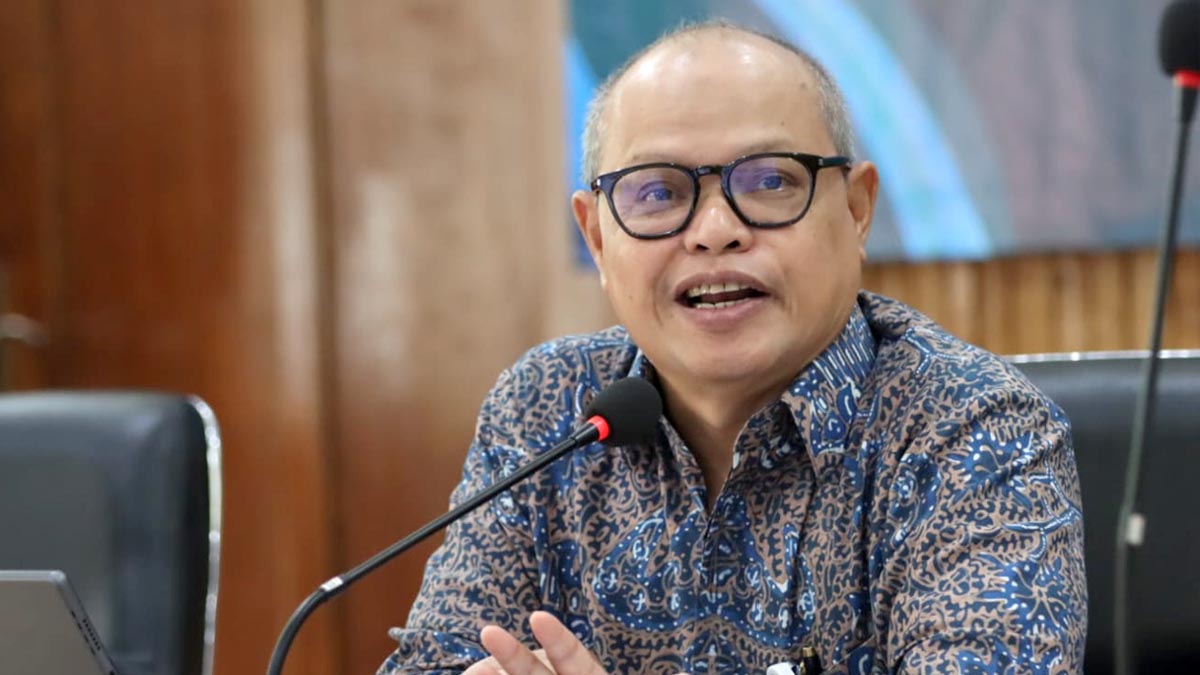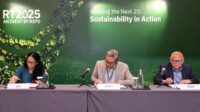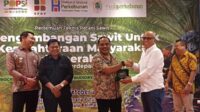PALMOILMAGAZINE, JAKARTA — The President Director of PT Riset Perkebunan Nusantara (RPN), Iman Yani Harahap, emphasized the importance of cross-sector collaboration to enhance the competitiveness and sustainability of Indonesia’s plantation commodities. His remarks were delivered during the opening speech of the 2026 Plantation Commodity Outlook, as reported by beige-heron-208544.hostingersite.com on Tuesday (October 28, 2025).
According to Iman, the plantation sector holds a strategic position in the national economy—not only as a major source of employment in rural areas but also as a key supplier of raw materials for the country’s downstream industries.
“We all know that plantations are the backbone of the agricultural sub-sector, contributing significantly to both domestic and international markets,” he said.
Also Read:
The forum highlighted six main commodities—palm oil, rubber, tea, coffee, cocoa, and sugarcane. These commodities, Iman explained, are vital to the economy but also face major challenges stemming from global dynamics such as climate change, price fluctuations, and increasing demands for sustainable practices.
“Through this forum, we aim to gain a comprehensive understanding of market trends, production potential, price dynamics, and the challenges and opportunities that lie ahead for the plantation sector,” Iman added.
He outlined three key priorities for 2026. First, improving productivity and efficiency through crop rejuvenation and the use of superior planting materials. Second, increasing value-added production by advancing downstream processing and high-value derivative products. Third, integrating sustainability principles across the supply chain—addressing both environmental and social dimensions.
Also Read:
“With collaboration and innovation, we believe Indonesia’s plantation industry can become more inclusive and globally competitive,” he affirmed.
Iman also expressed appreciation to all parties involved in organizing the forum. “I hope this event serves as a foundation for developing adaptive business strategies and policy directions as we move forward with optimism into 2026,” he concluded. (P2)





































